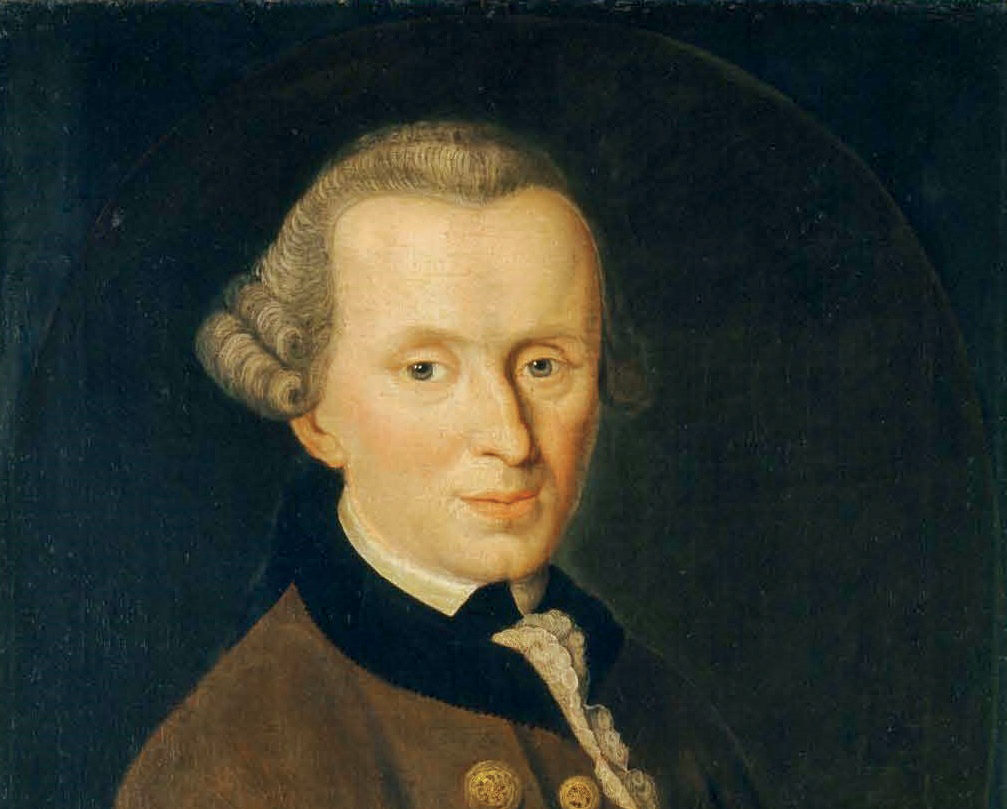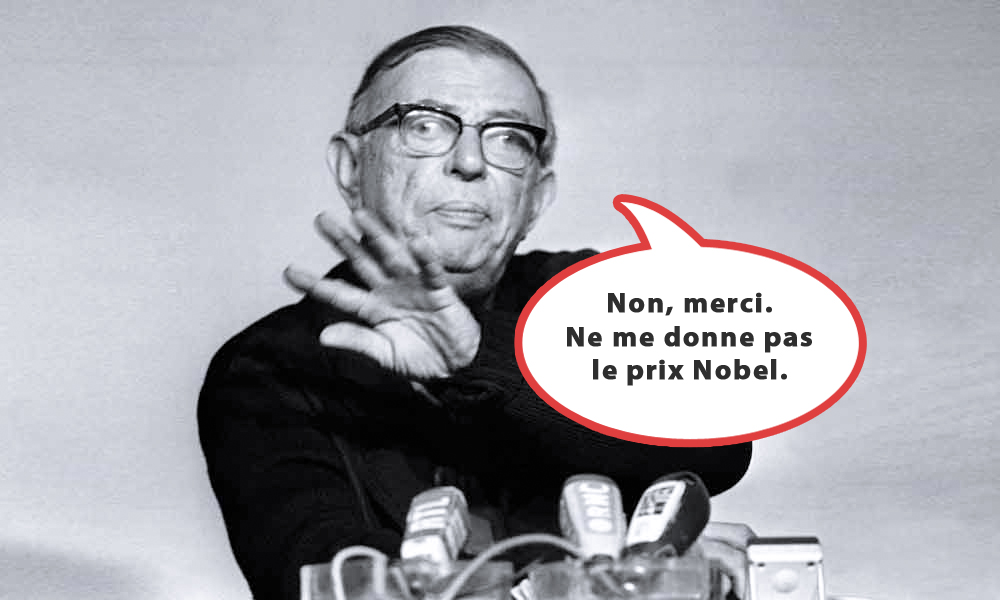The good intentions of Immanuel Kant
With modernity, as respect for science grew, so did the idea that the scientific model could be used in areas other than science.
Immanuel Kant (1724 – 1804) wanted to establish a scientific morality, one that is as sure as logic. He wants morality to be a rational exercise. Moral law must come from within, not handed down to us by others, be it elders, society, or religion. If we had to look at religion for morality, we would all get different answers. Different religions tell us different things; sometimes, the same religion tells us different things depending on context (different ages, different geographical regions.)
Good will, the intention of doing good, is the only thing that is good in itself, without qualification. Other things, such as pleasure, money, beauty, and intelligence, can be considered good, but they can also be used for evil. While we may think pleasure is intrinsically good, worth having for the sake of having it, it can be used the wrong way, for example when taking pleasure in watching someone suffer.
Picture this: you see an old lady trying to cross the street. She is carrying some heavy shopping bags. Out of your good heart, you walk over to her and, while offering to help, you grab her bags. She happens to be hard of hearing and, on having you grab the bags, panics. She stumbles, falls, and hits her head. Unfortunately, she dies on the spot. Utilitarians wouldn’t care about your intentions: what matters is the outcome: you killed an old lady. Not so with Kant. He would tell you that what really matters is that you intended to help. Your intentions were pure. You did it out of goodwill.
Good will is always and intrinsically good. To act from a good will, that is, to have good intentions, is the only way to act morally.
Nothing in the world -indeed nothing even beyond the world- can possibly be conceived which could be called good without qualification, except a good will.
– Immanuel Kant, Groundwork of the Metaphysics of Morals (1785)
Kant’s brand of moral philosophy is known as deontology. The term derives from two Greek words: deon, meaning ‘obligation, or duty’, and logos, meaning ‘study.’ Therefore deontologists are moral philosophers who study the nature of duty. It is a morality centred around obligation, rules, and duty. To act morally right, then, we must act purely out of this sense of duty: the duty to be and do good. Rather than the consequences of our actions, it is intentions, our motives, our good will, that make our action rights or wrong.



